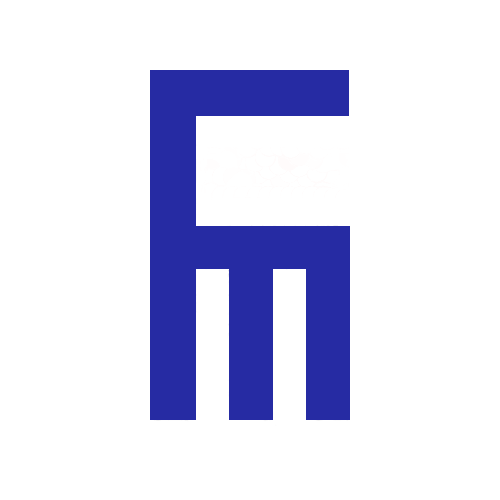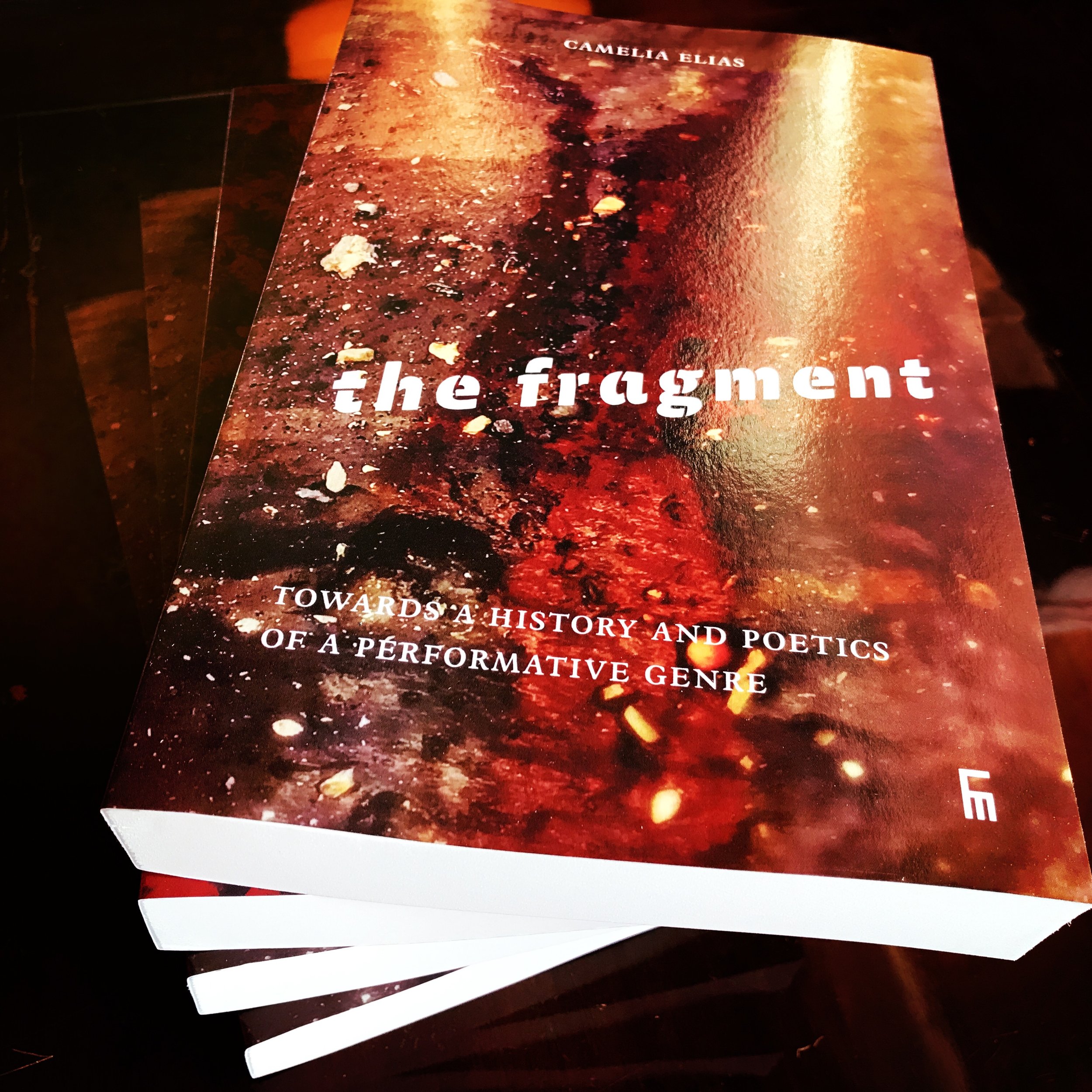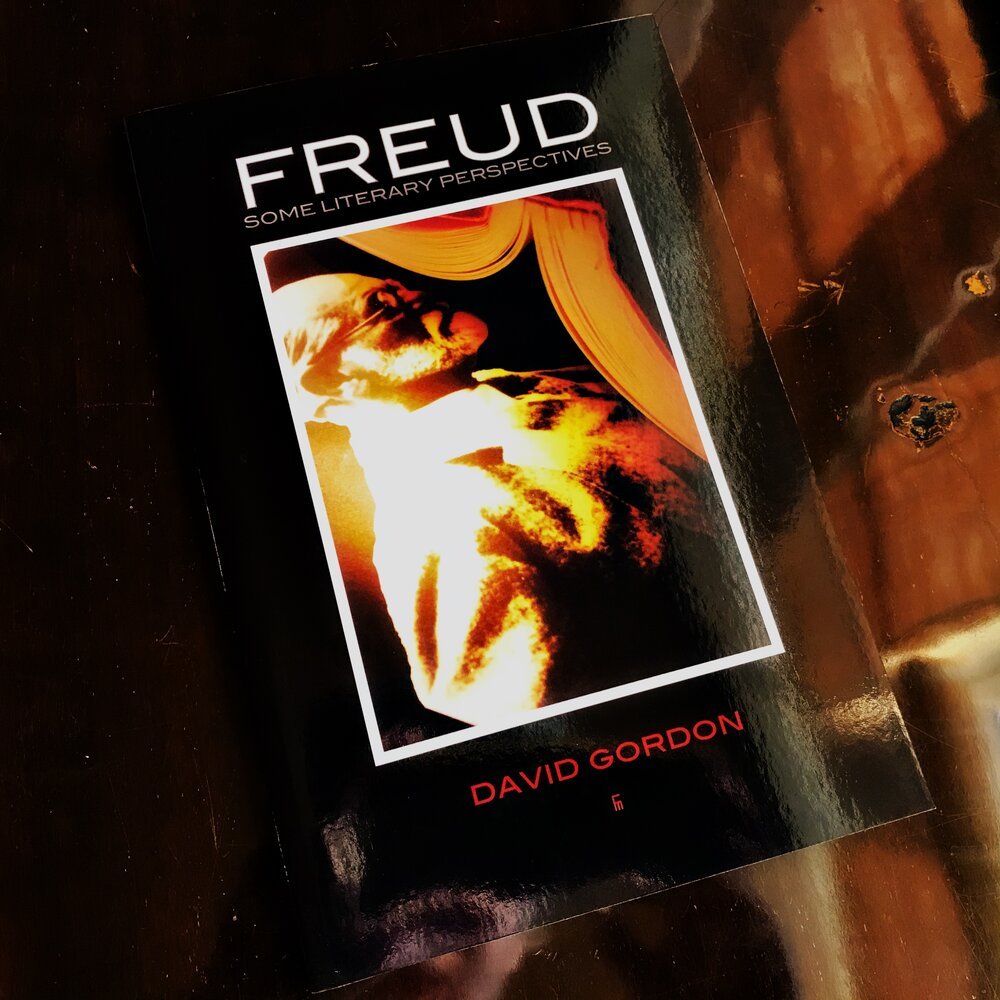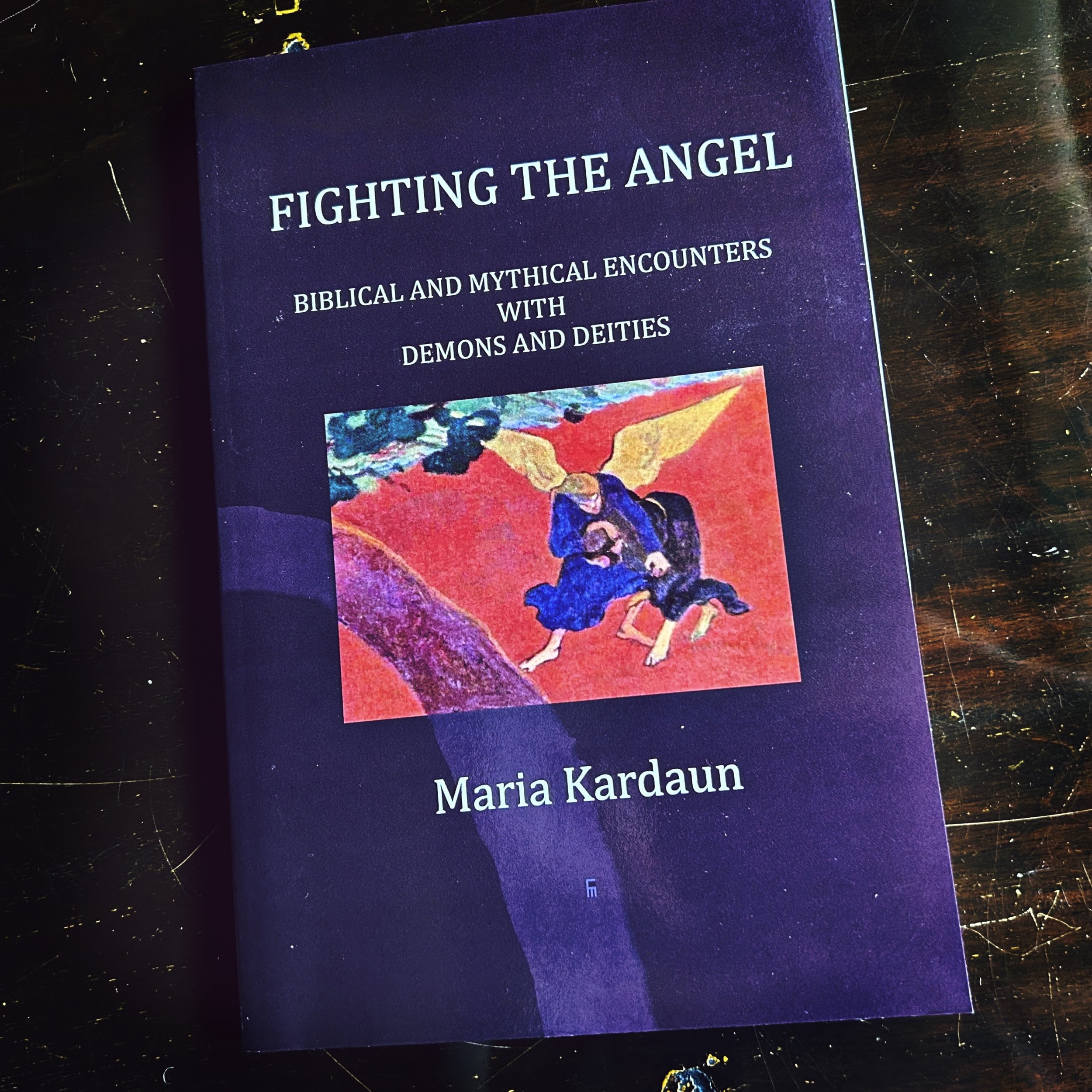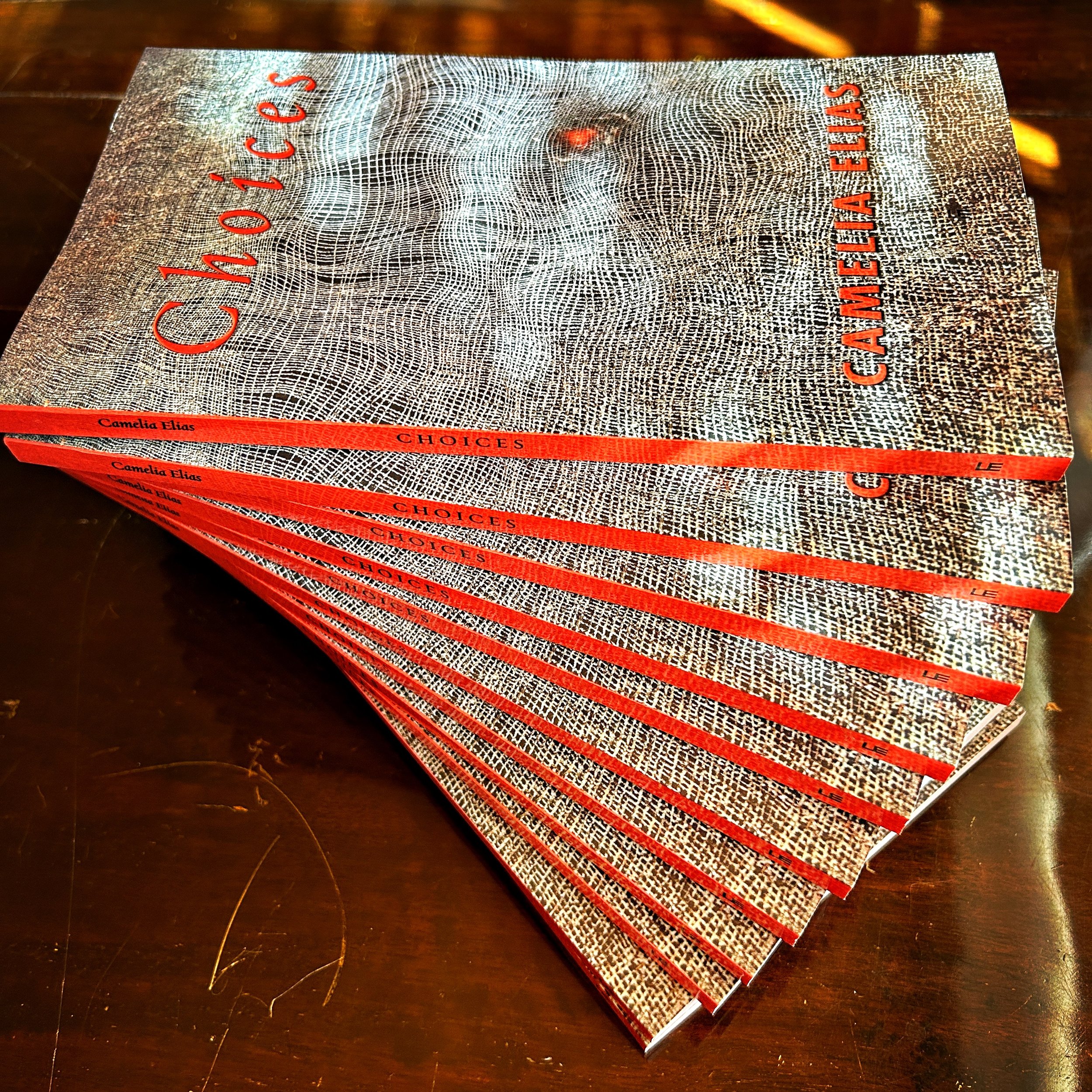
CATALOGUE
THE FRAGMENT
This monograph is an interdisciplinary study of the concept of ‘fragment’ in literature and in critical and literary theory. It discusses the fragment’s performativity and function within a historical perspective, stretching from Heraclitus, via the German Romantics and European writers of the Modernist period, to American postmodern manifestations of the fragment.
INVENTED FUTURES
Is fiction stranger than life? Perhaps not. Two cultural theorists with a collection of 19th century drawings that depict an imagined future look at how these visual fantasies of oracular and predictive character have come to pass.
FREUD: LITERARY PERSPECTIVES
Gordon’s nine essays explore the literary reception of Freud in various contexts. They study the connection of his psychoanalysis to: the concepts of tragedy and comedy; to literary criticism as represented by Harold Bloom; the cognitive challenge of his (and Darwin’s) major theories; the competition between his concept of depth and that of certain novelists; the concept of memory illustrated in Proust and cognitive neuroscience; the imagining of one’s own death represented by post-Enlightenment poetry; the interpretation of “Hamlet”; Nietzsche’s idea of “the good European”; and, finally, to what a cultural perspective can contribute in assessing the value of psychoanalysis today.
SEVEN LITERARY ANTITHEISTS
David Gordon reminds us that, while the word God is no longer meaningful from a scientific point of view, it continues to denote a resonant myth in our imaginative lives. He directs our attention to those gifted writers (here called “literary antitheists”) who combat the presence of this myth in their own minds by finding artistic means to dramatize the resultant conflict.
FIGHTING THE ANGEL
As the Biblical patriarch Jacob, after twenty years of exile, is about to cross the river that separates him from home, he gets into a nocturnal fight with a supernatural figure, traditionally referred to as ‘the angel’.
THE WAY OF THE SIGN
This is a book about extraction, about reducing methods of inquiry to the bare bones. It guides students through 10 schools of theory and criticism. The focus is on ‘asking’ each theory to give its best in the simplest way, by making us see what is at stake and how we might respond to it.
